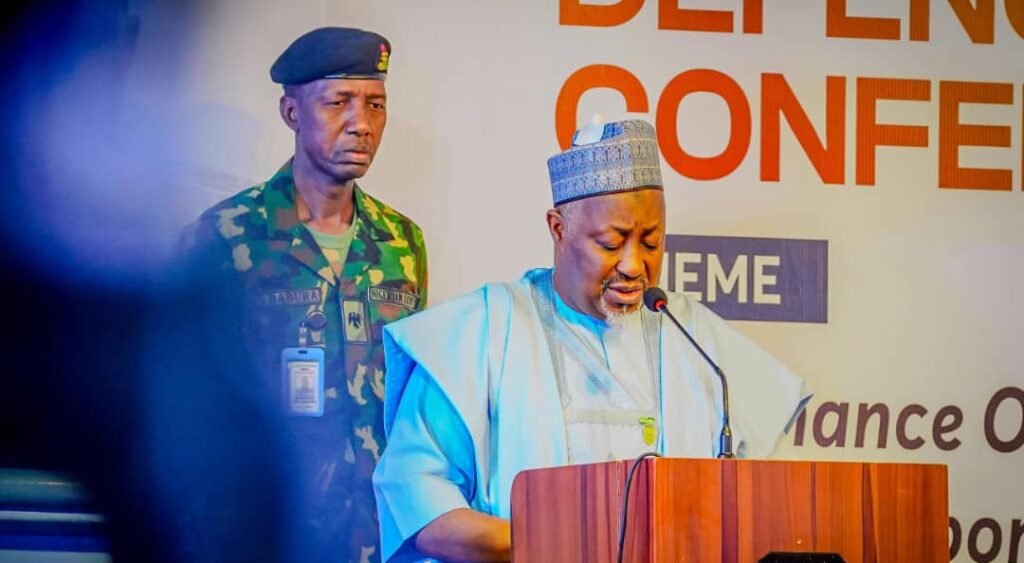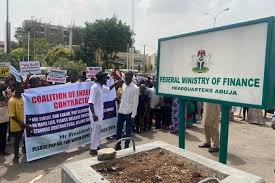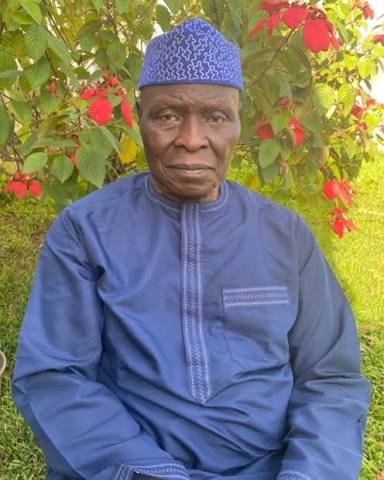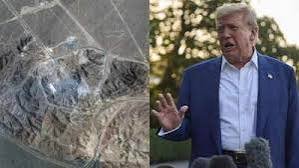TRUMP’S FELONY CONVICTION: WHAT IT MEANS FOR HIS RIGHTS AND FUTURE
In a surprise move, a judge sentenced President-elect Donald Trump to an unconditional discharge on Friday, closing the case against him without any punishment. However, unless his conviction for falsifying business records is overturned, Trump will have felonies on his criminal record, affecting some of his rights. Despite his felony conviction, Trump will still be able to vote in Florida, where he is registered. Florida restores voting rights to individuals convicted of felonies after they complete their sentence, except for those convicted of murder or sex offenses. However, under federal law, Trump will not be allowed to possess firearms. He will also be required to provide a DNA sample for New York’s crime databank, a noninvasive process involving a cheek swab. Trump’s conviction may also impact his business ventures. He may be barred from holding liquor licenses, and his felony conviction could prevent him from reentering the casino business. Despite these implications, Trump’s conviction does not prevent him from becoming president. Federal law does not bar individuals with felony convictions from holding federal office. New York Governor Kathy Hochul has the power to pardon Trump, but it seems unlikely. When asked about the possibility of a pardon, Hochul stated, “No one will be treated any better, or any worse, by me when I make those life-altering decisions… So, no one gets extra favors, no one gets treated worse.” Trump has maintained his innocence, describing the case against him as a “hoax” perpetrated by Democrats. His conviction is a significant development in his ongoing legal battles. SOURCE: AP News
















































































































































































































































































































































































































































































































































































































































































































































































































































































































































































































































































































































































































































































































































































































































































































































































































































































































































































































































































































































































